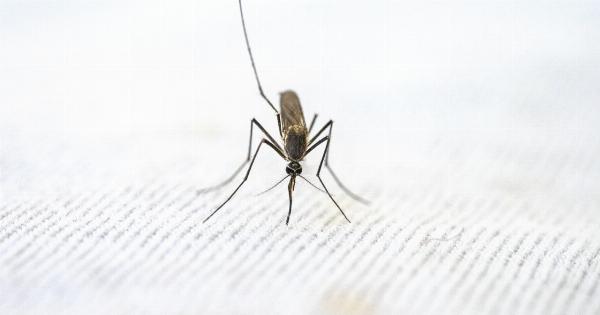Meningococcal B, a strain of the Neisseria meningitidis bacteria, is responsible for a significant number of meningococcal disease cases worldwide.
This infectious disease primarily affects infants, children, and adolescents, often leading to severe outcomes, including meningitis and septicemia. The global health community has been actively working towards eliminating Meningococcal B through various strategies, including vaccination campaigns, research, and surveillance measures.
Understanding Meningococcal B
Meningococcal disease, caused by the Neisseria meningitidis bacteria, can be divided into several serogroups, including A, B, C, W, X, and Y.
While serogroups A, C, W, X, and Y have effective vaccines available, serogroup B poses significant challenges due to its structural complexity and limited cross-reactivity with existing vaccines. Meningococcal B is a leading cause of invasive bacterial infections, including meningitis and septicemia, particularly in high-income countries.
The Importance of Vaccination
Vaccination is a crucial component in the effort to eliminate Meningococcal B.
Vaccines have been proven to be highly effective in preventing meningococcal diseases caused by other serogroups and have significantly reduced the burden of these infections. However, the development of effective vaccines against serogroup B has been more challenging due to the presence of unique surface structures that mask the bacterium from the immune system.
Current Vaccination Strategies
Several countries have implemented vaccination strategies to control the spread of Meningococcal B. One of the most commonly used vaccines is the MenB-fHbp vaccine, which targets a specific surface protein on the bacterium.
This vaccine has shown effectiveness in reducing the incidence of Meningococcal B in vaccinated populations. Other vaccines, such as MenB-4C, have also been developed and are effective against some strains of Meningococcal B.
Challenges in Eliminating Meningococcal B
Despite progress in developing effective vaccines, several challenges hinder the elimination of Meningococcal B. One major challenge is the diverse nature of the bacteria, with multiple strains circulating worldwide.
Developing a universally effective vaccine that covers all strains remains a complex task. Additionally, vaccine hesitancy and limited vaccine coverage in some regions pose challenges in achieving herd immunity and preventing outbreaks.
Research and Innovation
Scientists and researchers worldwide are actively engaged in studying Meningococcal B to develop improved vaccines and diagnostic tools.
Ongoing research focuses on identifying new surface proteins and markers that could be targeted by vaccines, improving vaccine formulations and delivery methods, and enhancing surveillance systems to detect outbreaks early.
Global Collaboration and Surveillance
The global health community recognizes the importance of collaboration in tackling Meningococcal B.
Organizations such as the World Health Organization (WHO) and Centers for Disease Control and Prevention (CDC) work closely with countries and research institutions to monitor the disease’s epidemiology, share best practices, and develop unified vaccination recommendations.
The Future of Meningococcal B Elimination
The future prospects for Meningococcal B elimination are promising, thanks to ongoing research efforts and the commitment of global health organizations.
Continued investment in research, surveillance, and vaccination campaigns will be crucial in developing more effective vaccines and reaching populations at risk. Simultaneously, raising awareness about the importance of vaccination and addressing vaccine hesitancy will also contribute significantly to the prevention and elimination of Meningococcal B.






























